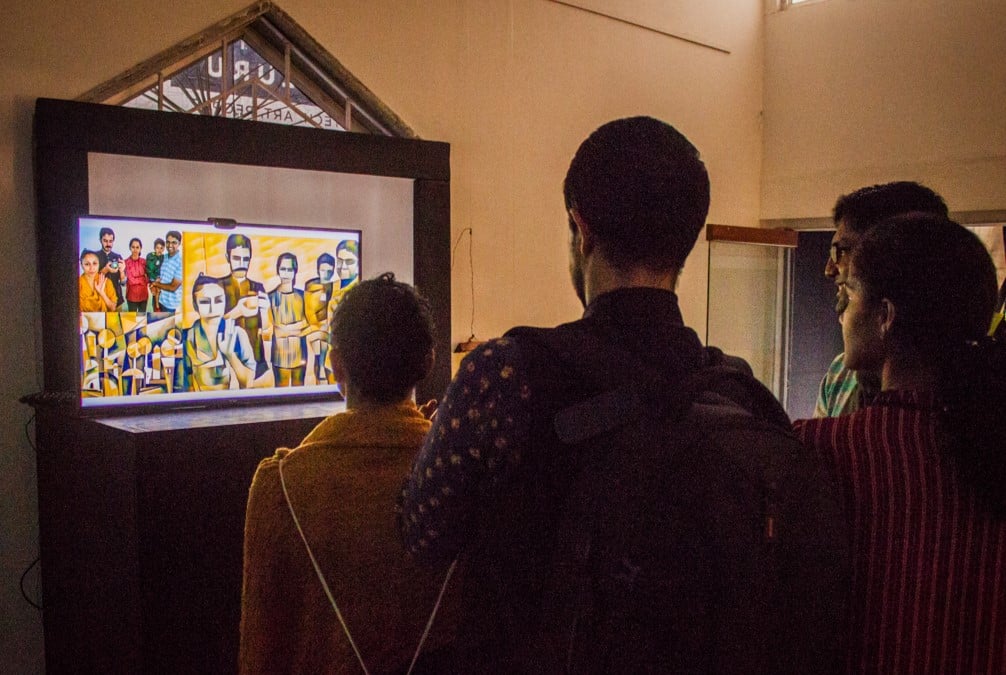

Report on the Contribution of Civil Society to the Promotion and Protection of the Diversity of Cultural Expressions in Asia-Pacific
Topics
This report focuses on the needs of civil society, the main challenges facing the cultural sectors in the region such as artistic freedom, dialogue with governments, gender equality, cultural policies and the treatment of culture in trade agreements. Due to the vastness of the Asia-Pacific region and the time allotted for the study, not all countries and regions in Asia-Pacific are represented in this report. While some challenges and needs may be recurrent in a majority of countries, most are specific to local contexts and particular histories. It is therefore important to keep in mind that the findings of this research cannot be applied to the whole region and that further cooperation will be needed to reach out to civil society organisations that have not been included in this project. Finally, the dynamic and often fragile nature of the cultural sectors requires continuous dialogue with local civil society organisations, as new challenges constantly arise. In this respect, the long-term impacts of the COVID-19 pandemic cannot yet be known, especially considering that in most Asia-Pacific countries the fight against the Coronavirus is still ongoing.
Author: International Federation of Coalitions for Cultural Diversity (IFCCD)
Key Findings
- Local needs and challenges for CSOs are influenced by the wealth and development of their country, the political system and current officials, the language, the strength of the cultural sector, historic contexts, and whether or not their country has ratified the 2005 Convention
- There is a certain level of distrust towards Western organisations and even UNESCO, because they have not in the past adapted their approach to local contexts and realities, rendering it patronising at times. It is imperative that international organisations establish durable relationships with local organisations, not only to better understand their evolving needs, but also to ensure that the connection with CSOs lasts beyond its individuals
- There is also a general diagnosis that regional cooperation is hindered by the variety of languages and cultures, and that it is difficult for international organisations to be successful in areas where English is not prevalent.
- The lack of data on the cultural sectors of Asia-Pacific is one of the great obstacles for advocacy. The contribution and potential of the cultural sectors to local economies are often unknown, which restrains CSOs from efficiently campaigning for their goals.


Share on